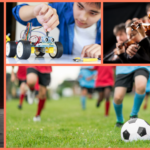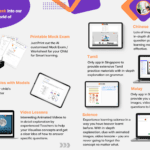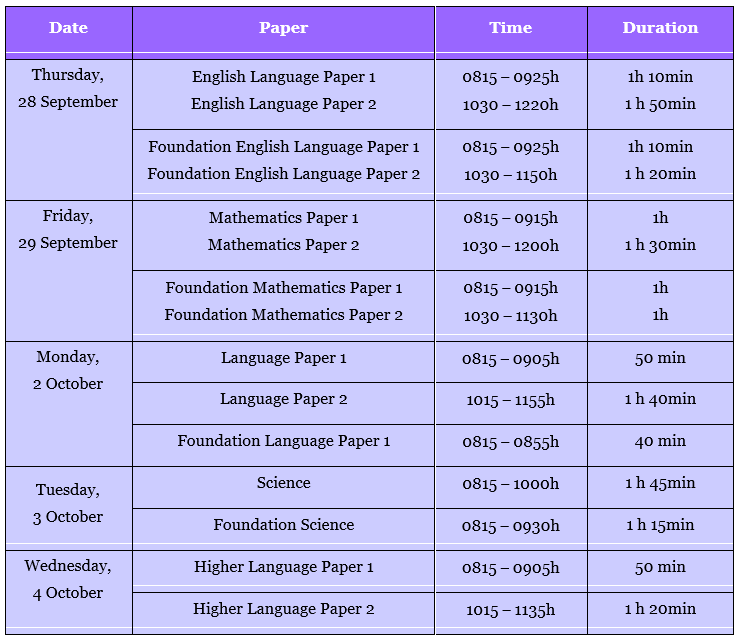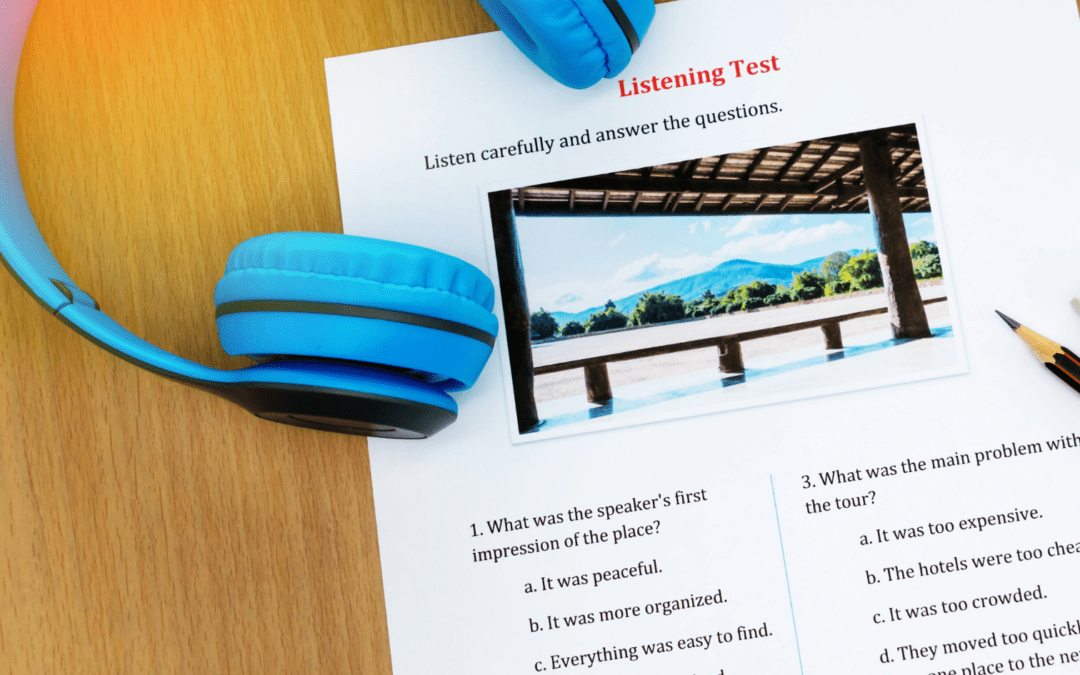As a student, preparing for exams can be a strenuous and daunting task. With an abundance of material to cover, it is common to make errors that could adversely affect one’s performance in exams.
To prevent such blunders, we have compiled a list of the most common mistakes that students make while preparing for exams, along with suggestions on how to avoid them.
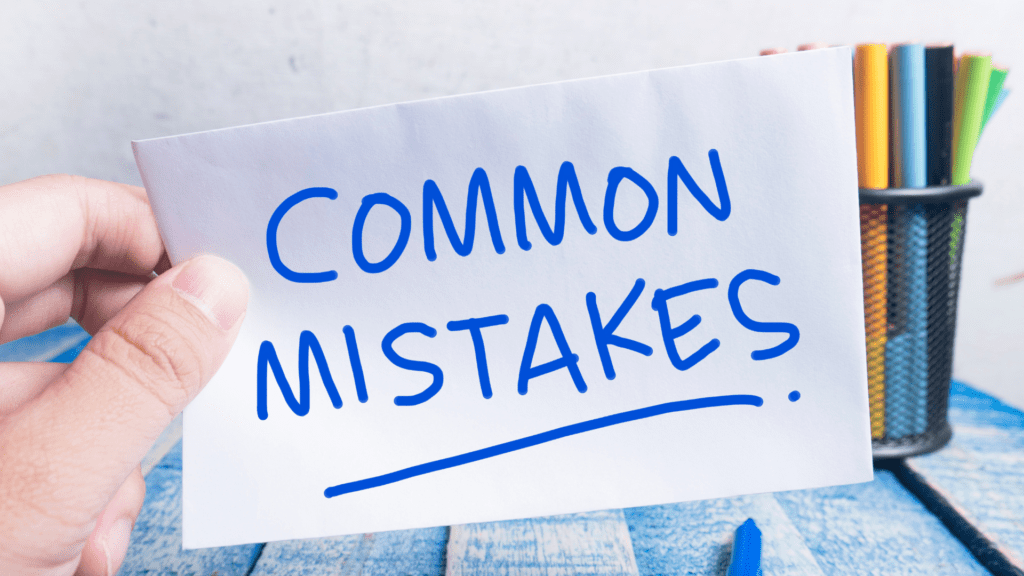
One of the most significant impediments to success is procrastination. Delaying studying until the last minute not only amplifies stress levels but also reduces the time available for effective preparation.
To circumvent procrastination, create a study plan that specifies when you will study and for how long. Adhere to this plan, allocate your time wisely, and ensure that all pertinent material is covered. While cramming may seem like a quick fix for studying, it is not an efficient method of information retention. Instead, aim to study in brief, regular sessions throughout the week.
This will allow you to absorb information more effectively and decrease stress levels. Lack of organization can lead to unnecessary stress and confusion when preparing for exams. Arrange your notes and study materials in a logical and systematic manner so that you can access them easily when required. This will also assist you in identifying areas where you may need to concentrate more.
It is a common misconception among students that studying a subject once means that they have comprehended the material. However, reviewing the material is essential to ensure proper retention.
Regularly review your notes and employ active recall methods such as flashcards to reinforce your learning.
FAQ
Question: What is the most common mistake that students make while preparing for exams?
Answer: Procrastination is the most common mistake that students make while preparing for exams.
Question: Why is cramming not an efficient method of studying?
Answer: Cramming may seem like a quick fix for studying, but it is not an effective way to retain information. Instead, studying in short, regular sessions throughout the week is more effective.
Question: How can I avoid unnecessary stress and confusion when preparing for exams?
Answer: Being organized is key to avoiding stress and confusion. Keep your notes and study materials organized in a logical manner so that you can easily access them when needed.
Question: What is the importance of reviewing material?
Answer: Reviewing material is essential to ensure that it is properly retained. Regularly reviewing your notes and using active recall techniques will reinforce your learning.
Question: Why is sleep important during exam preparation?
Answer: Getting enough sleep is essential for proper brain function and academic performance. Sacrificing sleep to study can actually hinder your performance. It is important to get enough rest and take breaks as needed to avoid burnout.

